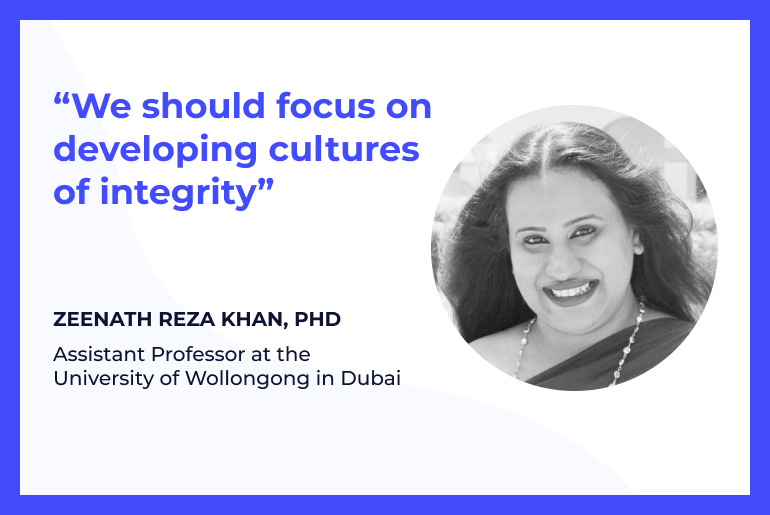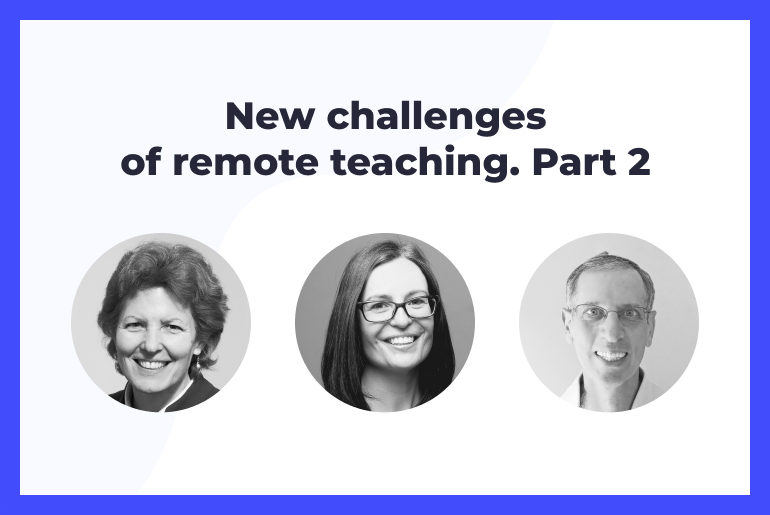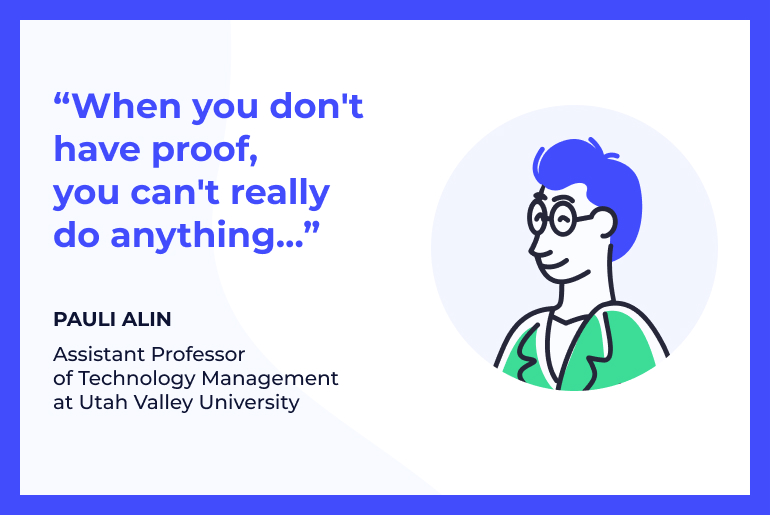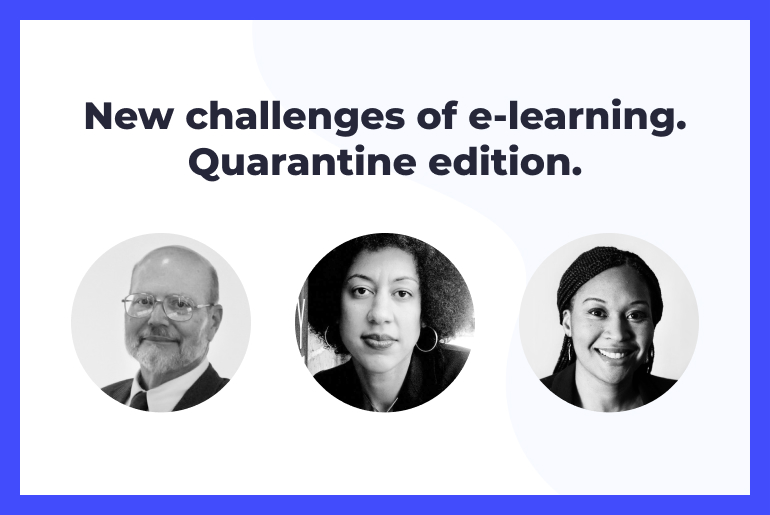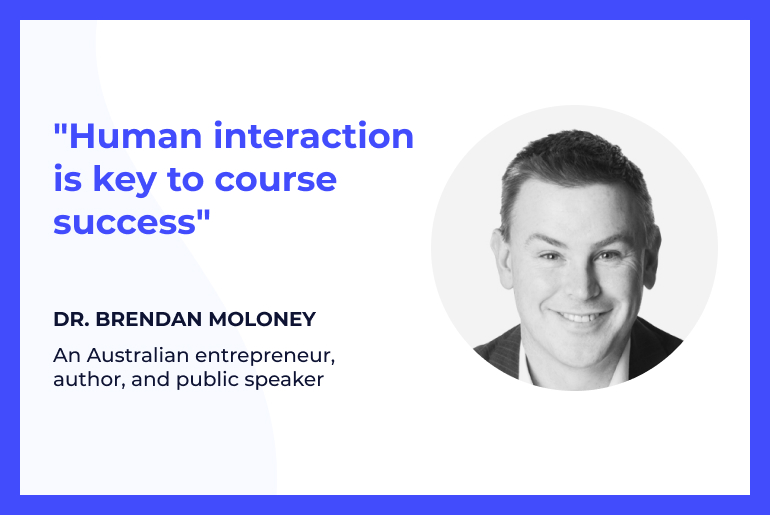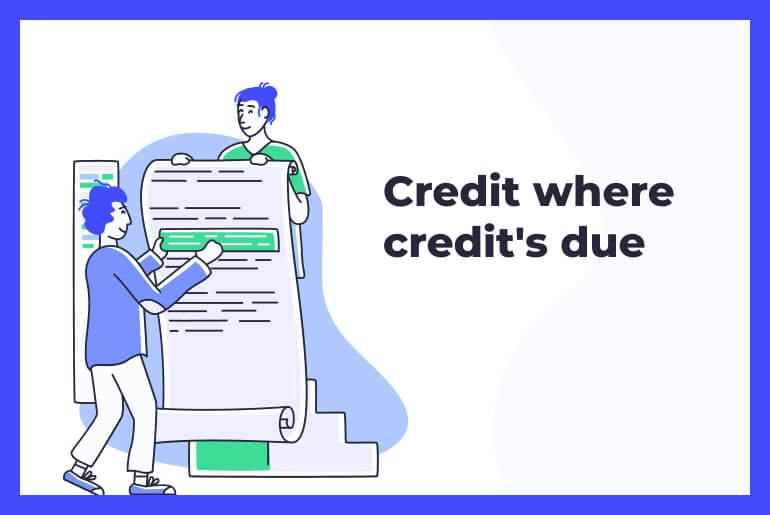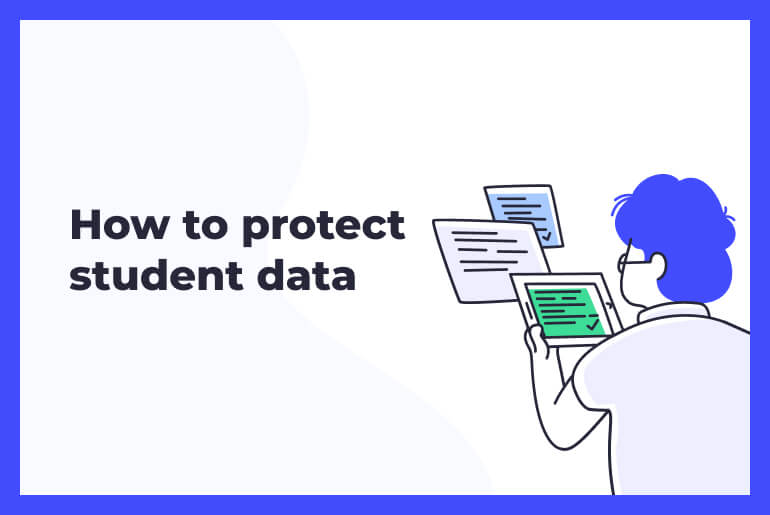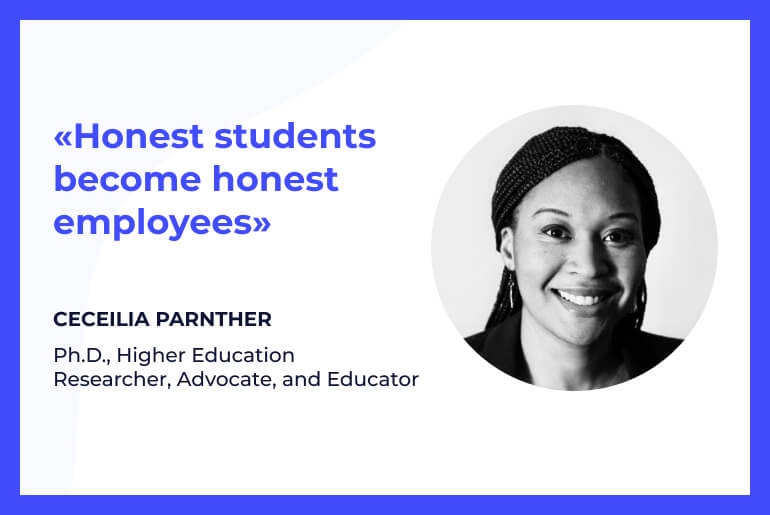When investigating new instances of academic misconduct, it’s pretty easy to get buried in the minor facts and lose track of a large-scale problem.
The problem usually happens to be on the surface and signals to the instructor or course designer that a particular course requires tweaks to deliver a more personalized experience.
We contacted a true advocate of academic integrity to learn how academic dishonesty cases are now being treated in the class and tactics that every institution can apply to motivate academic integrity growth.
Please meet Dr. Zeenath Reza Khan, Assistant Professor at the University of Wollongong in Dubai, an academic integrity and cyber ethics champion, and a skillful developer of student-centered learning.
Here are the highlights of our conversation.

